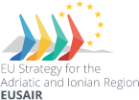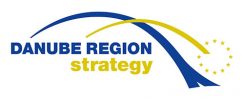EUSAIR in ERASMUS MUNDUS SUNBEAM PROJECT
It brought back the memories of the good old student times to the Facility Point representative, when visiting the Final conference of the Erasmus Mundus SUNBEAM project.
Erasmus Mundus aims to promote European higher education, to help to improve and enhance the career prospects of students and to promote intercultural understanding through cooperation with third countries and supports projects involving mobility at all levels of higher education for students and for staff. Its goals foster culture, knowledge and skills for peaceful and sustainable development in a Europe of diversity; promote awareness of the importance of cultural and linguistic diversity within Europe, combat racism and xenophobia and promote intercultural education; and promote the development of third-countries.
Impressive numbers about the interests for exchanges among students and staff were shown by Head of International Relations Office, Ms Silvia Mangialardo:
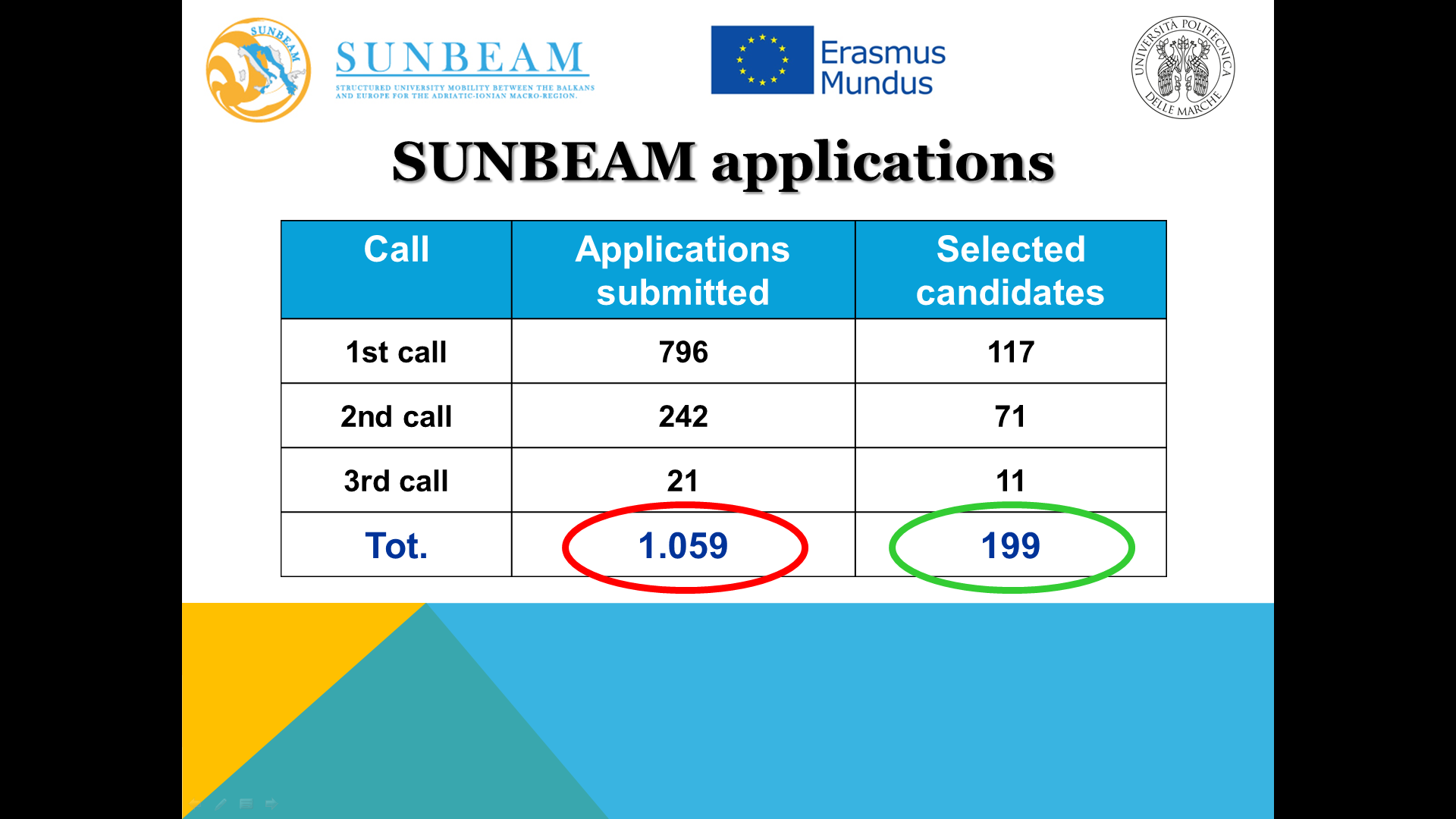
High interest for mobility among students resulted in diverse distribution of exchanges shown by next slide by the Head:
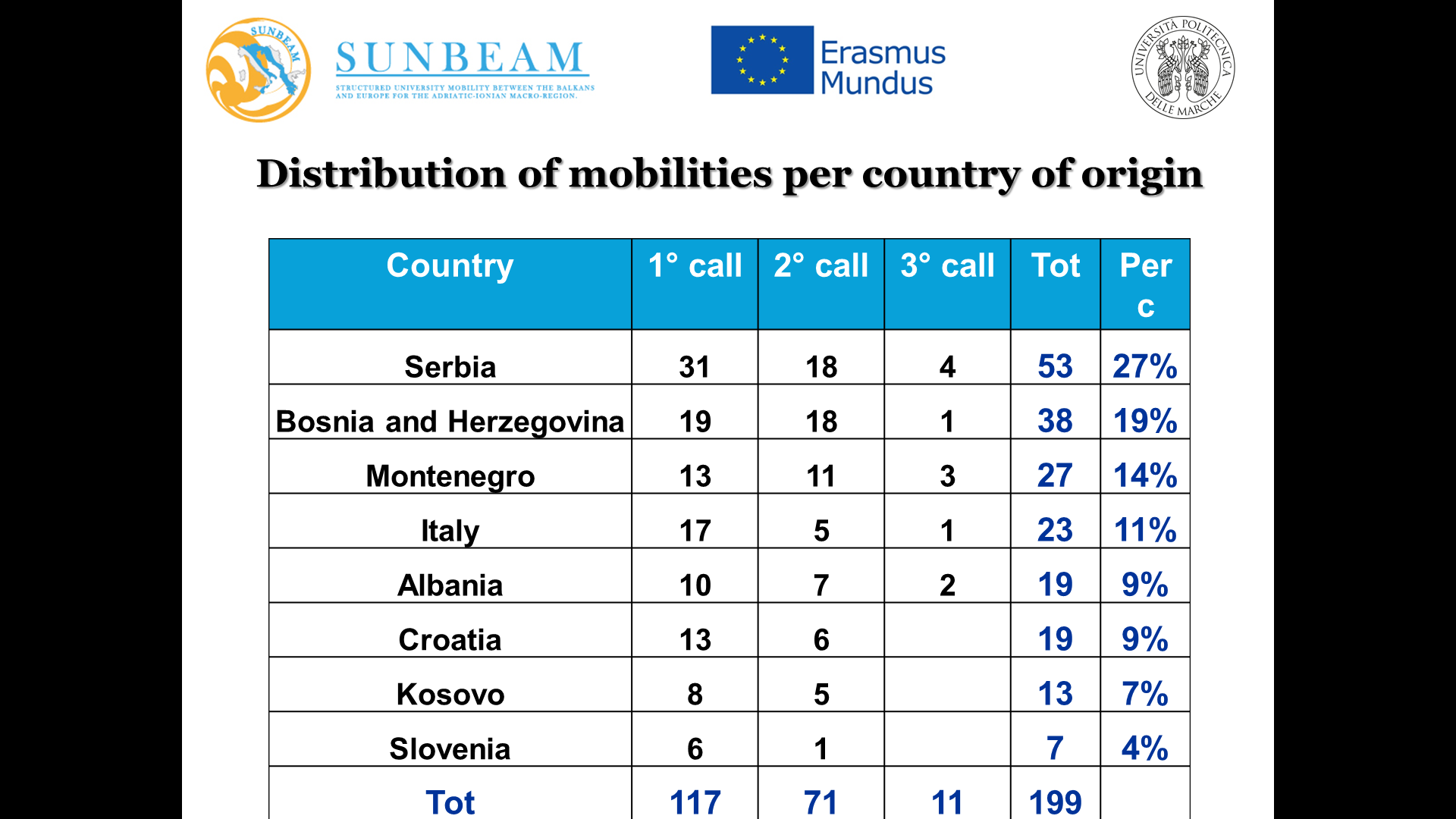
Especially interested was the third call for scholarships where a special requirement was addressed, that the experts shall work with topics related to the Adriatic-Ionian Region and EUSAIR, which meant that the research topic should be as close as possible to the EUSAIR pillars and possibly transversal, during the mobility the candidates are required to work together under the supervision of a coordinator, two/three projects shall be submitted either in the framework of an existing funding programme or directly to the European Commission.
The selection resulted in 11 scholarships:
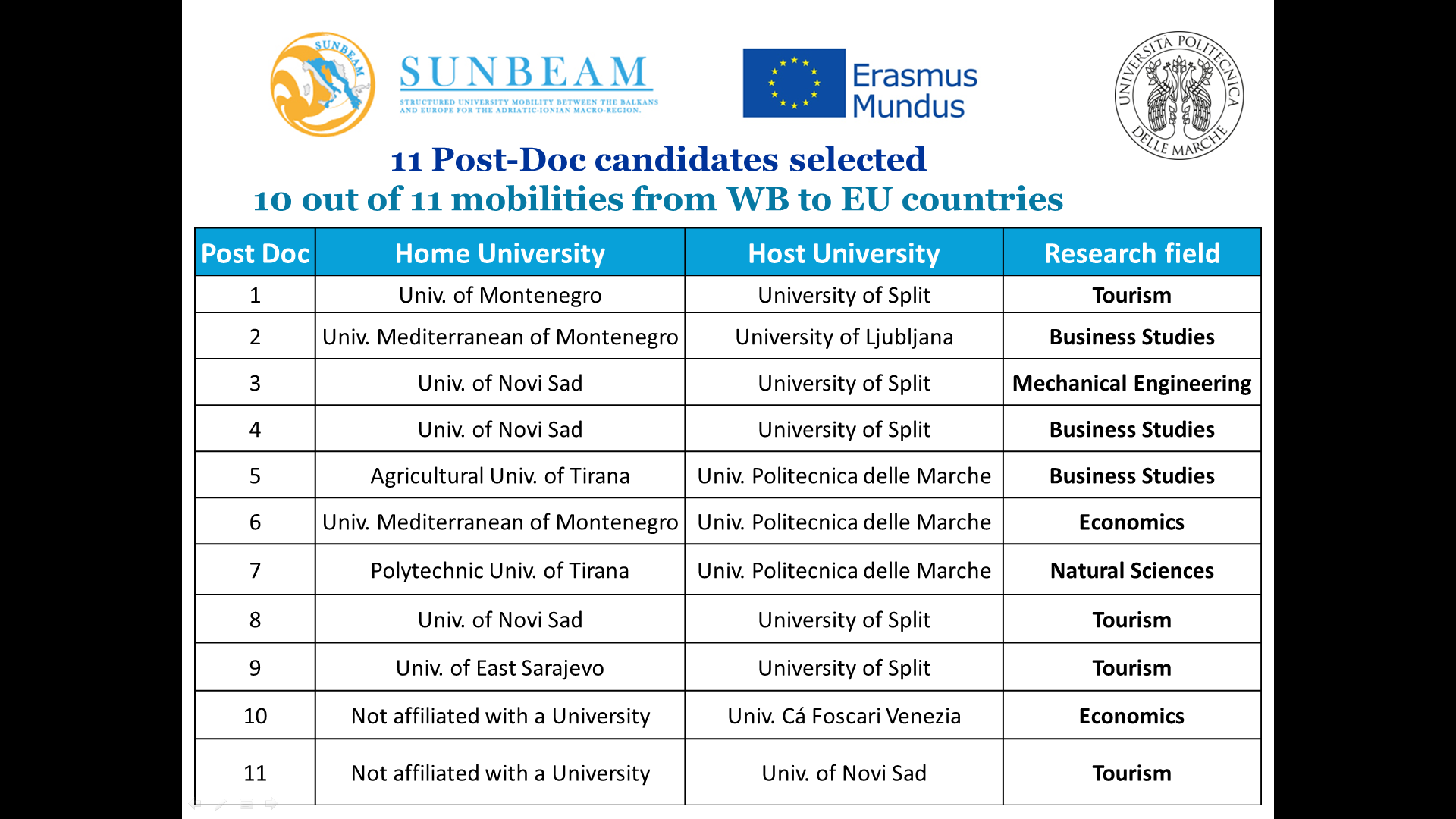
The EUSAIR Facility Point, on behalf of EUSAIR governance, presented the state of the art, the structure of EUSAIR, governance roles and responsibilities. The ambition of the EUSAIR was presented, to become a platform to bring together various actors, policies and financial resources; for new pragmatic approaches to find out more efficient policy modalities and better coordination among existing institutions and resources; for transnational, cross-sectorial and multi-level governance coordination (top-down/bottom-up).
The invitation was given to projects and students to:
- bring „FOOD FOR THOUGHT“ to the EUSAIR,
- participate in EUSAIR Monitoring & evaluation process,
- liaise with national EUSAIR TSG members,
- connect via website and other social media channels,
- follow EUSAIR calendar and participate,
- inform about projects‘ events,
- share interesting content for the EUSAIR Newsletters.
The gratitude was expressed for such impressive achievements. Being a student just two decades ago, it was not that common and easy to benefit as a student from cultural and linguistic diversity within Europe.
It seems the universities are on the right track. Congratulations!
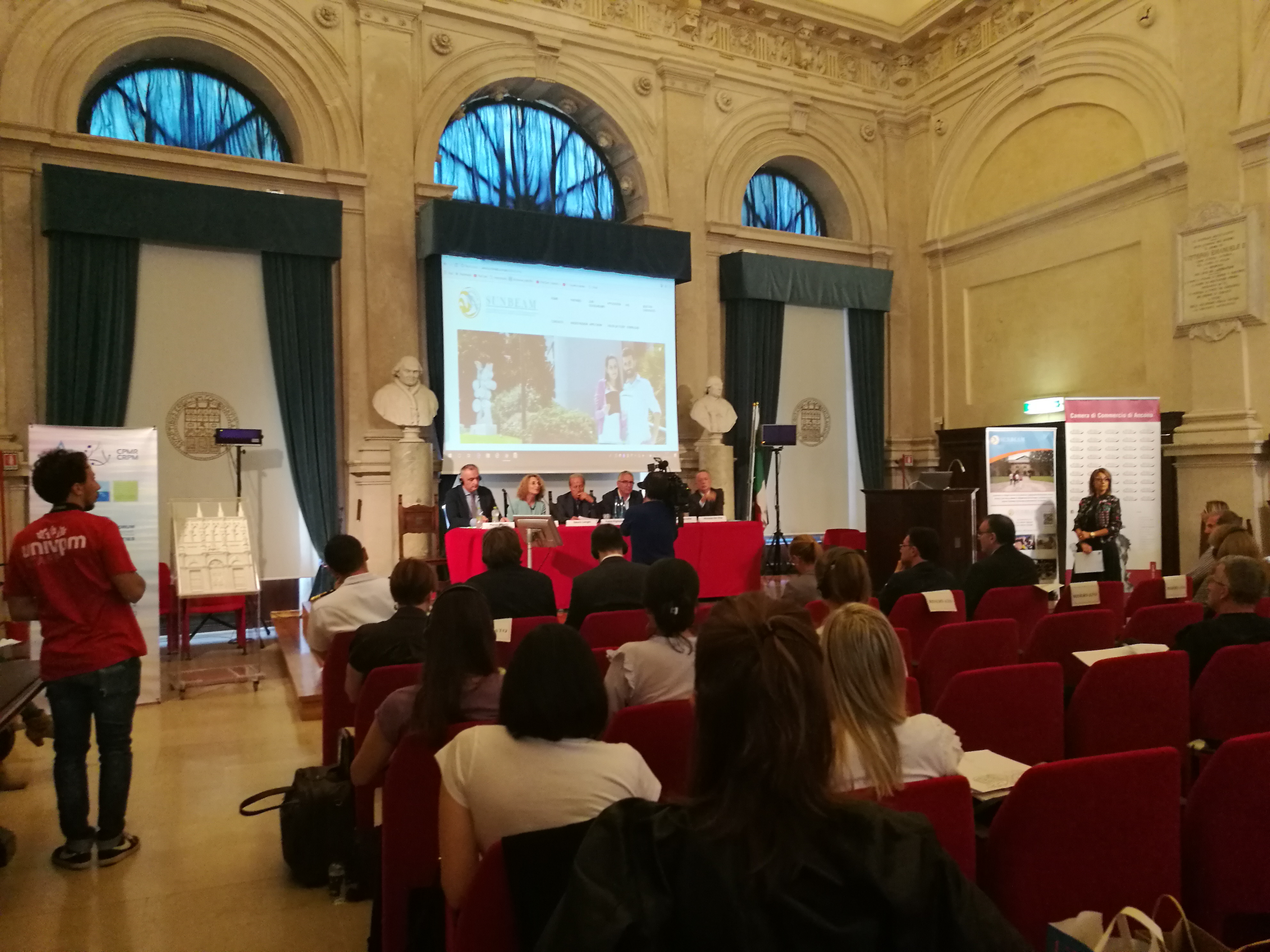
You might be interested in
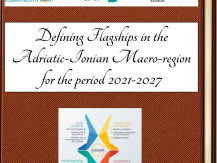
EUSAIR flagships all summed up!
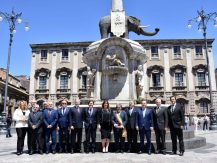
3rd EUSAIR Annual Forum – CATANIA DECLARATION

The Hellenic Republic assumes the Presidency of the EU Strategy for the Adriatic and Ionian Region (EUSAIR) (1 June 2024 – 31 May 2025)




